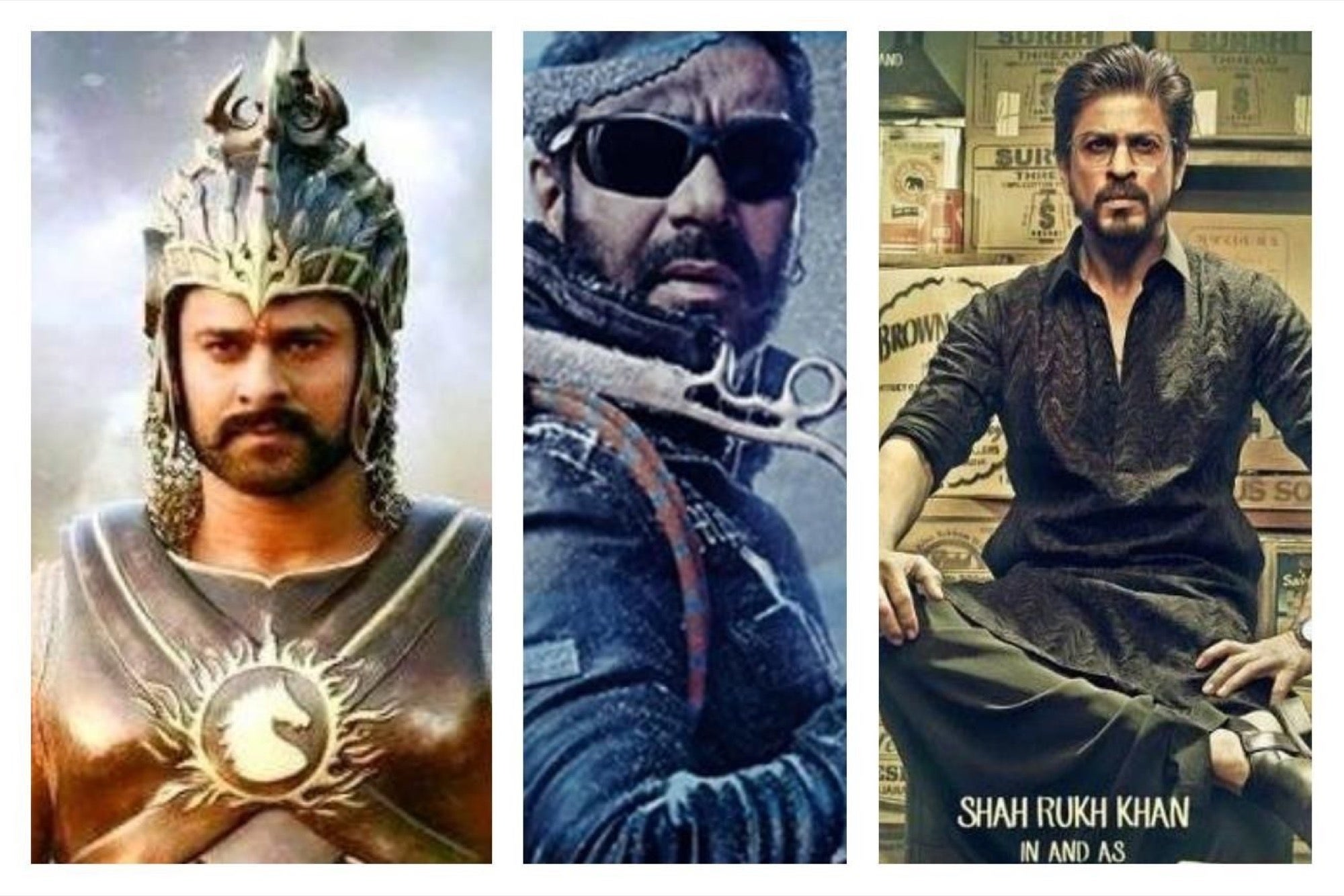The Rise And Shine Of Film Insurance in India is Here Highest box office grosser till date Baahubali has now put the limelight on film insurance
You're reading Entrepreneur India, an international franchise of Entrepreneur Media.

The Insurance sector is witnessing a spurt of diversification with film insurance gaining unprecedented popularity. While it started in India with the movie, Taal, other films followed suit and today it has come to the forefront again with Baahubali 2: The Conclusion. The movie is insured for INR 200 crore.
In course of his conversation with the Entrepreneur India, MD and CEO of Future Generali India Insurance Company Limited K.G. Krishnamoorthy Rao talked about how they insured Baahubali and the road ahead for film insurance.
Getting Baahubali On Board
Future Generali being one of the few players in the market that offers film insurance bagged the Baahubali deal. Talking about how it made news all over, Rao said, "Baahubali was already in the eyes of all and making news about every little thing. The insurance story, too, grabbed eyeballs for the significantly huge amount for which it was insured."
But the phone hasn't stopped ringing hence. "We have definitely started getting a lot more inquiries," added Rao, whose firm has insured over 370 films so far.
How It All Started
Film Insurance's journey in India started with the movie Taal and has been, since then, a profitable business proposition even if not the most popular one. "An unforeseen circumstance which causes damage to the sets or the postponement of the shooting schedule makes it eligible for the producer to claim insurance. The interaction between film producers and insurers helps in deciding the amount for which the film is insured. For example they discuss the critical scenes, the possible damages and the expenses required to redo it," explained Rao.
Slowly Gaining Popularity
According to Rao, while the usage of film insurance in Bollywood is 10-15 per cent, in regional film industries it stands at a mere 5 per cent. "The trend of financing films in a more transparent manner has taken off only in the past few years. Film insurance can be claimed only when the losses are substantiated and through legal payment modes. This is the reason why it wasn't pretty popular earlier," said Rao. "Local language films usually have a shorter shooting schedule and the producers think that nothing much can go wrong," he commented on regional films.
Risks Involved
Rao said a lot of risks were involved when it came to film insurance. "The longer the period of time they are shooting, the more we are at risk. It's a bigger risk if the shooting takes place abroad. Moreover, investments on building the sets or action scenes also call for a word of caution. So, the premium is decided keeping all these points in mind," he said.
Types Of Film Insurance
Cast Insurance: This will cover accidental death, physical injury and critical illness of cast during the policy period, subjected to terms and conditions in the policy.
Props, Sets, Wardrobes & Equipments: It covers property that could be damaged while shooting is in process.
Film Negative: It provides covers to film stock from any external damage.
Post Production Negative Film Insurance: It covers the loss or damage to negatives till policy terms exist.
Personal Accident — Death & Disability: It covers death, permanent/ total disablement and injury due to an accident incurred within the policy period.










